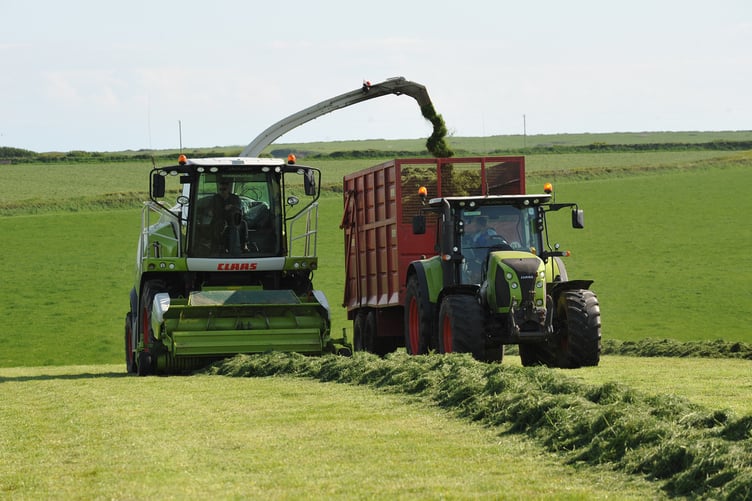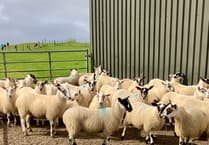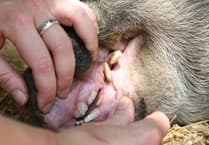Farmers will be under more pressure than ever during cultivation and harvesting this season, after challenging weather delayed operations, but the Wales Farm Safety Partnership (WFSP) warns that health and safety must not be compromised.
From the maintenance of machines before they are used to being aware of the height of overhead electricity cables, there are multiple considerations for farmers at what can be their busiest few months.
Brian Rees, a farmer who is also a trainer and mentor in health and safety at Farming Connect, gives advice on some of the key areas that must not be overlooked.
1. Maintenance
It will often be the first time in months that some machines have been put to work so important maintenance assessments need to be done before they are operated.
Check brakes on tractors and implements and tyre pressures too.
Grease moving parts such as hitching systems.
Ensure that oil levels are high so oil pressure isn’t lost when the machine is operating.
2. Safe stop
When parking a vehicle, always apply the handbrake, engage the gear system in neutral, turn off the engine and remove the key.
If there is a loader or other implement on the front, always lower this before turning the engine off.
3. Check stocks of in-cab items
Every farm vehicle should have a first aid kit in its cab and plenty of drinking water.
Carry a mobile phone during field work.
4. Lone working
Technology has provided some important tracking tools for farmers working in isolated locations.
Apps such as Find My Friends and Life 360 provide live updates on where the phone – and farmer – are located.
Farmers should always let someone know where they are working and the approximate time they expect to return.
5. Working on slopes
Keep vehicles in four-wheel drive and ensure the weight of the vehicle is on the gripping wheels – that means on the lower side of how the vehicle is positioned on the slope.
Having the correct tyre pressure is more important than ever when operating machines on more challenging terrain.
Always wear a seatbelt when in the cab.
6. Using the road safely
Larger machines can straddle the highway on double carriageways so appropriate safety measures need to be taken, including having convoy vehicles to warn other motorists.
Although there is no law dictating when slow-moving vehicles should pull over to allow other road users to pass, the guidance is to do so at the next appropriate spot when there are six vehicles behind.
7. Beware of overhead power cables
Lines that have up to 32 kV of power must have a minimum ground clearance of at least 5.2m, and lines with up to 132 kV should be 6.7m or more from the ground.
Power cables can also drop during hot weather, sometimes by half a metre.
8. Be seen on the highway
By law, farm vehicles must be fitted with a flashing beacon when they are travelling along an unrestricted dual carriageway but it is sensible to have this on a country road too, to warn other road users of a slow moving vehicle.
A second beacon might be needed if a tractor is towing a high-sided trailer or machine as the beacon, which must be seen from 360 degrees, could be obscured.
Never use a tractor’s working lights on the highway at night.
9. Keep children safe
Children should only ever be in a working area on a farm when they are 100 per cent supervised by a responsible person who is not part of the working team.
Children under 13 should never ride in the cab of any agricultural machine.





Comments
This article has no comments yet. Be the first to leave a comment.